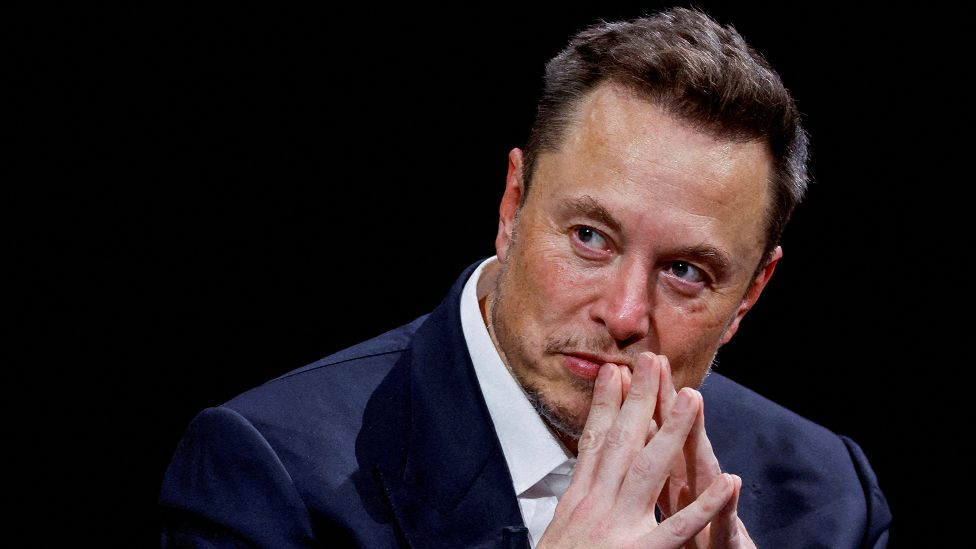AI summit: Rishi Sunak says leaders must address dangers of artificial intelligence
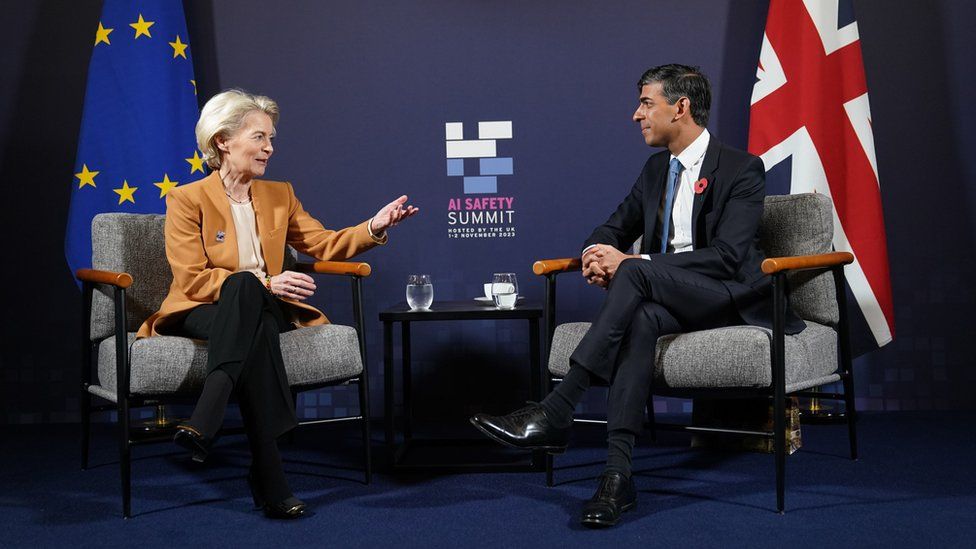
World leaders have a “responsibility” to address the dangers of artificial intelligence, Rishi Sunak has told the UK’s first AI safety summit.
The prime minister said AI offered “transformative” change but that it also brought the potential for social harms like bias and disinformation.
Some 28 countries are at the summit, alongside tech bosses and academics.
On Wednesday delegates agreed a joint statement calling for global cooperation to tackle the risks of AI.
The Bletchley Declaration – named after Bletchley Park in Buckinghamshire, where the summit is being held – was signed by all the countries attending the summit, including the US and China, as well as the European Union.
The agreement recognised that AI “presents enormous global opportunities” but said it should be developed in a way that is “human-centric, trustworthy and responsible”.
It was the world’s first ever international statement on so-called frontier AI – the government’s term for AI that could exceed the capabilities of today’s most advanced systems.
The focus of the summit is on how to mitigate the risks of AI, which include potential breaches to privacy and the displacement of jobs, while maximising the benefits.
Welcoming delegates to a private panel session on the development of AI, Mr Sunak said the technology had the potential to improve economies and societies.
He added: “But as with all new waves of technology, AI brings new fears, new dangers – from social harms like bias and disinformation to the most extreme risks of all.
“And as leaders we have a responsibility to address that.”
Earlier on Thursday, Mr Sunak held talks with United Nations secretary general Antonio Guterres, European Commission President Ursula von der Leyen and Italian Prime Minister Georgia Meloni.
Ms Meloni said the UK’s summit would be used as a “base” for the G7 meeting held in Italy next year – a gathering of the world’s seven richest nations – where she said artificial intelligence would be one of the main topics on the agenda.
Downing Street said Mr Sunak discussed the humanitarian situation in Gaza and the war in Ukraine in his meeting with Mr Guterres and Ms von der Leyen, as well as the need for global collaboration on AI.
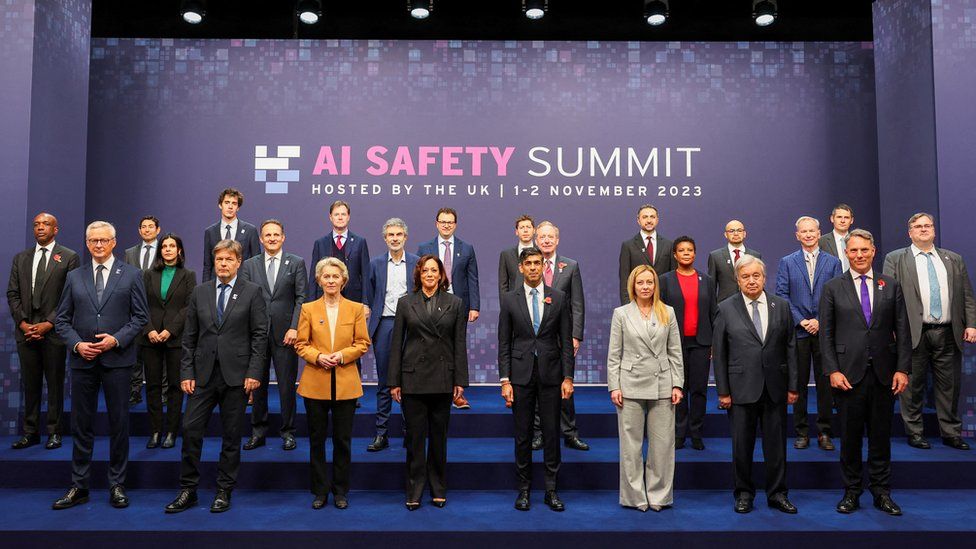
It comes after a meeting with US Vice-President Kamala Harris, who has called for a focus on the “everyday threats” of AI, such as discrimination and disinformation, as well as “existential” fears.
On Wednesday, Ms Harris announced the creation of the US AI Safety Institute, which the White House said the new body would work alongside its UK counterpart.
Earlier in the week, US President Joe Biden also signed an executive order, seeking to ensure “America leads the way in seizing the promise and managing the risks of artificial intelligence”.
Some commentators had suggested the US moves threatened to overshadow the UK’s summit.
However, Mr Sunak welcomed the US executive order, calling it “a deep and comprehensive demonstration of the potential of AI”.
The prime minister is due to give a press conference later, before travelling back to Westminster for an “in conversation” event with tech billionaire Elon Musk, who owns X, formerly known as Twitter.
Mr Musk arrived at the summit on Wednesday morning, after warning that AI could lead to the extinction of humanity, although many experts consider such warnings overblown.
On Wednesday Mr Sunak told the BBC managing the risks posed by artificial intelligence was too important to be left to big tech firms and that they could not be left to “mark their own homework”.
‘Diplomatic coup’
Ahead of the summit, there had been concerns some key figures, including Mr Biden and French President Emmanuel Macron, had chosen not to attend, with their countries sending alternative representatives instead.
However, Tino Cuellar, president of think tank the Carnegie Endowment for International Peace, called the summit a “diplomatic coup” for the UK government.
He said it was “a remarkable achievement” to bring together representatives from the US and EU, as well as the developing world.
Some had criticised the inclusion of China at a time of tense relations with West, despite the country being a key player in AI technology.
But Mr Cuellar said: “The presence of China is important because it does provide an indication that this will be a truly global conversation.
“We think about the countries that are facing opportunity in terms of their own economic development, as well as countries that bring to the table, serious technological know how, and it’s hard to imagine how some of those conversations can happen without the full representation of countries around the world.”
Meanwhile, Labour has called for binding regulation on companies developing powerful AI, including requirements for firms to report before they train models over a certain capability threshold.
Related Topics
-
-
20 hours ago
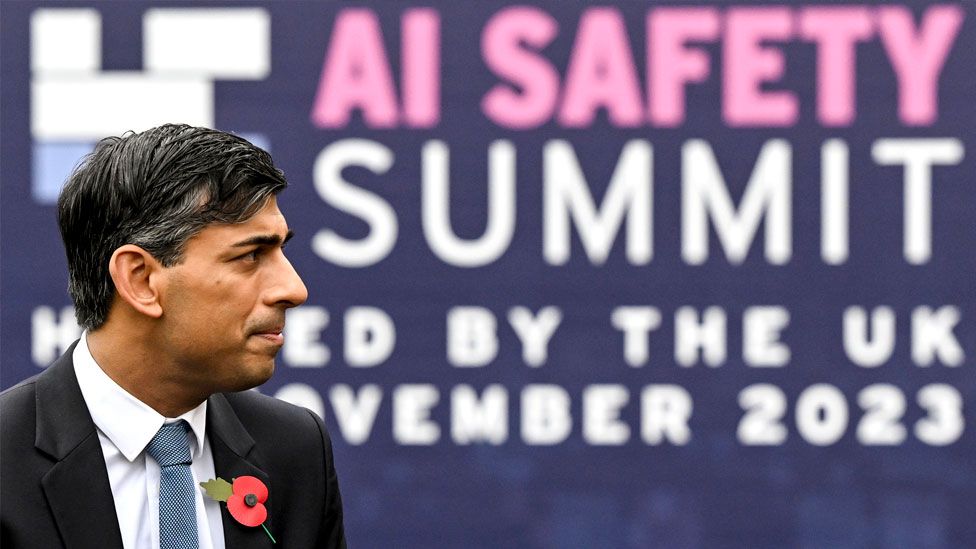
-
-
-
23 hours ago
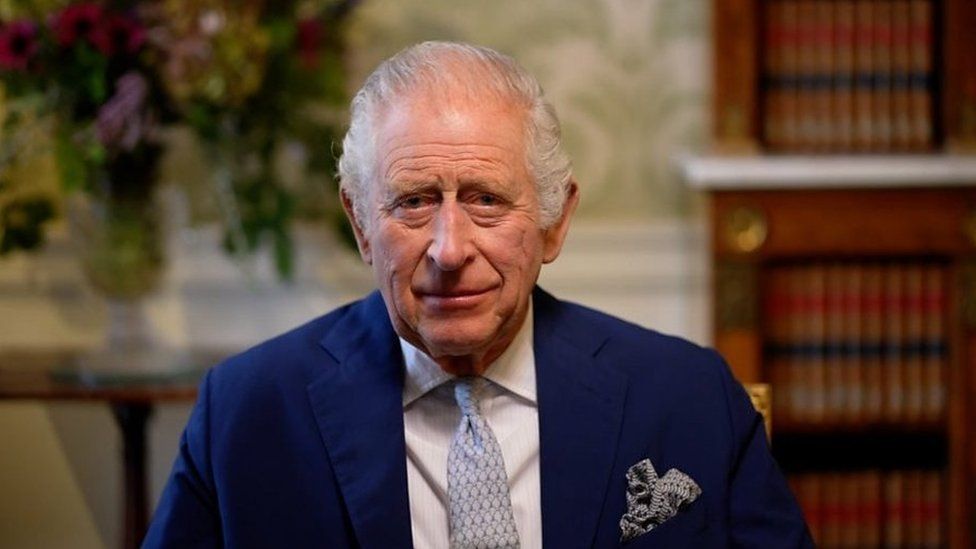
-
-
-
22 hours ago

-

